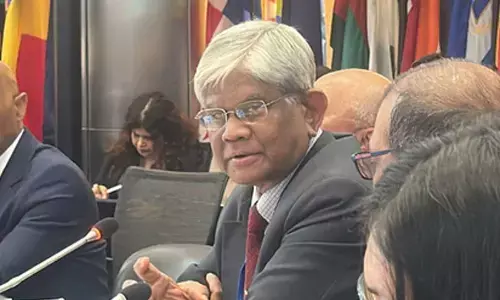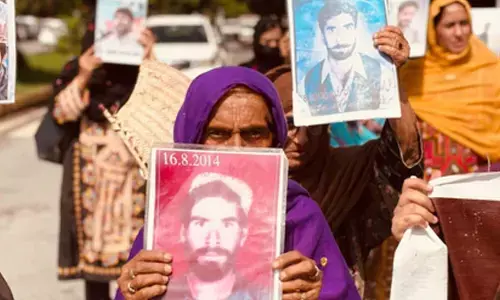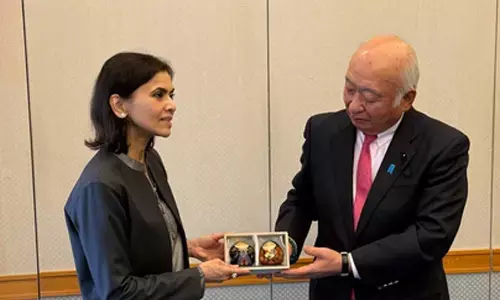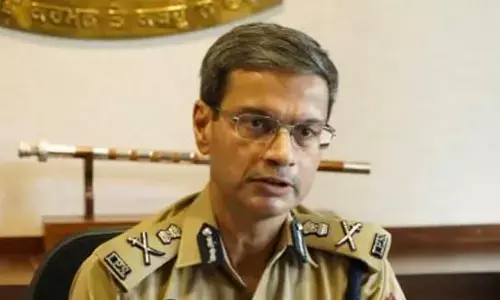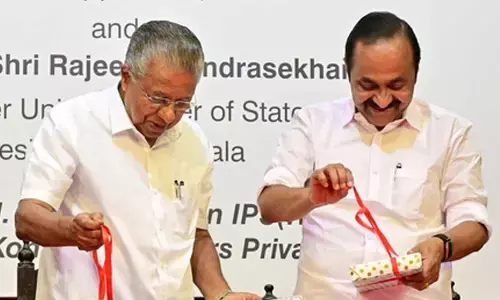Supreme Court Stays Death Penalty Of Sukhjinder Singh In 2010 Child Murder Case
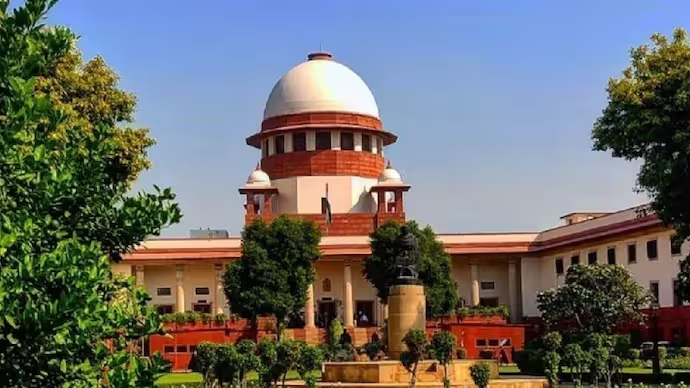
- The Supreme Court has stayed the death penalty of Sukhjinder Singh, convicted for the 2010 murder of a seven-year-old, citing the possibility of reform.
- The case will be reviewed in 16 weeks after further assessments on Singh’s behavior and mental state.
The Supreme Court has stayed the execution of Sukhjinder Singh, also known as Sukha, who was sentenced to death for the 2010 murder of a seven-year-old child. Singh’s death penalty was confirmed by the Punjab and Haryana High Court in August 2024, but a special bench of Justices B R Gavai, K V Vishwanathan, and Prashant Kumar Mishra halted the execution after reviewing a mitigation report. The report emphasized that Singh, who was 23 years old at the time of the crime and is now 37, might have the potential for reform.
The bench scheduled the next hearing for 16 weeks and asked the State of Punjab to submit a report from the probation officer. The Superintendent of Central Jail in Amritsar was also instructed to provide details regarding Singh’s conduct, work, and behavior during his time in prison. Additionally, the Postgraduate Institute of Medical Education and Research in Chandigarh was directed to conduct a psychological evaluation of Singh.
The mitigation report highlighted that Singh had been under severe mental stress and had previously attempted suicide, further stating that he no longer posed a threat to society and had shown signs of rehabilitation. The report criticized the High Court’s decision-making process, pointing out that psychiatric and psychological assessments were not considered when confirming the death penalty, overlooking the possibility of rehabilitation.
The High Court had emphasized the gravity of the crime, noting that the child was the only son of his family and his kidnapping had deeply affected the local community. Despite receiving a ransom, Singh went on to kill the child.
Singh's defense, led by Advocate Harvinder Singh Maan, raised several concerns in a special leave petition to the Supreme Court, arguing that the case was based on circumstantial evidence with numerous inconsistencies. The defense pointed out that the phone used for the ransom calls was not tied to Singh, and the witness statements were contradictory, leading to doubts about the validity of the conviction.








